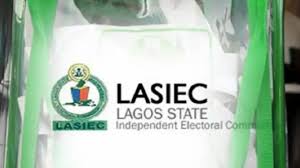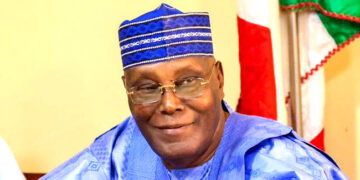Three civic groups have raised serious concerns about the credibility of the upcoming local government elections in Lagos, warning that irregularities in the process could undermine democracy at the grassroots.
The organisations Digital Future Development Initiative (DiF-DI), AdvoKC Foundation, and PoliZ, in a joint statement on Thursday, accused the Lagos State Independent Electoral Commission (LASIEC) of handling the process in a way that lacks fairness, transparency, and inclusiveness.
At the centre of their complaints is LASIEC’s late release of the list of qualified and disqualified candidates, which was made public just five days before the July 12 polls.
The groups said the timing not only shuts out disqualified candidates from seeking redress but also denies voters the opportunity to make informed decisions.
“This is a denial of the constitutional right to a fair hearing. It suggests a deliberate attempt to silence certain candidates and manipulate the process in favour of others.” the groups said.
The groups also faulted LASIEC for failing to release basic information about the candidates such as their age, gender, or professional background. According to them, this omission makes it impossible to assess the level of youth or female participation, which is crucial for inclusive governance.
They further criticised the commission’s reliance on analogue processes, saying it reflects poorly on a state like Lagos in 2025. With no digital portal for real-time updates or online access to verified election data, the organisations say young voters especially are being cut out of the process.
Another point of contention is the Lagos State Local Government Administration Law, 2025, which was signed in May. The law introduces term limits and clearer succession rules, but its implementation has been pushed to August — after the elections.
The groups argue that the delay is deliberate and benefits certain candidates who would have been ineligible under the new rules. “Even more troubling is the fact that the law is being enforced in some LCDAs while ignored in others,” they said, calling the development a clear case of selective justice.
While expressing concern, the organisations offered a set of recommendations. These include timely publication of candidate lists, disclosure of demographic data, digitisation of the electoral process, immediate enforcement of signed laws, and stronger civil society involvement in future local elections.
They called on Lagos residents, journalists, observers, and other stakeholders to remain alert, speak out, and insist on an electoral process that upholds fairness, inclusion, and legality.
“Local government is where the people feel government most. We cannot allow this space to be compromised,” they said.
























